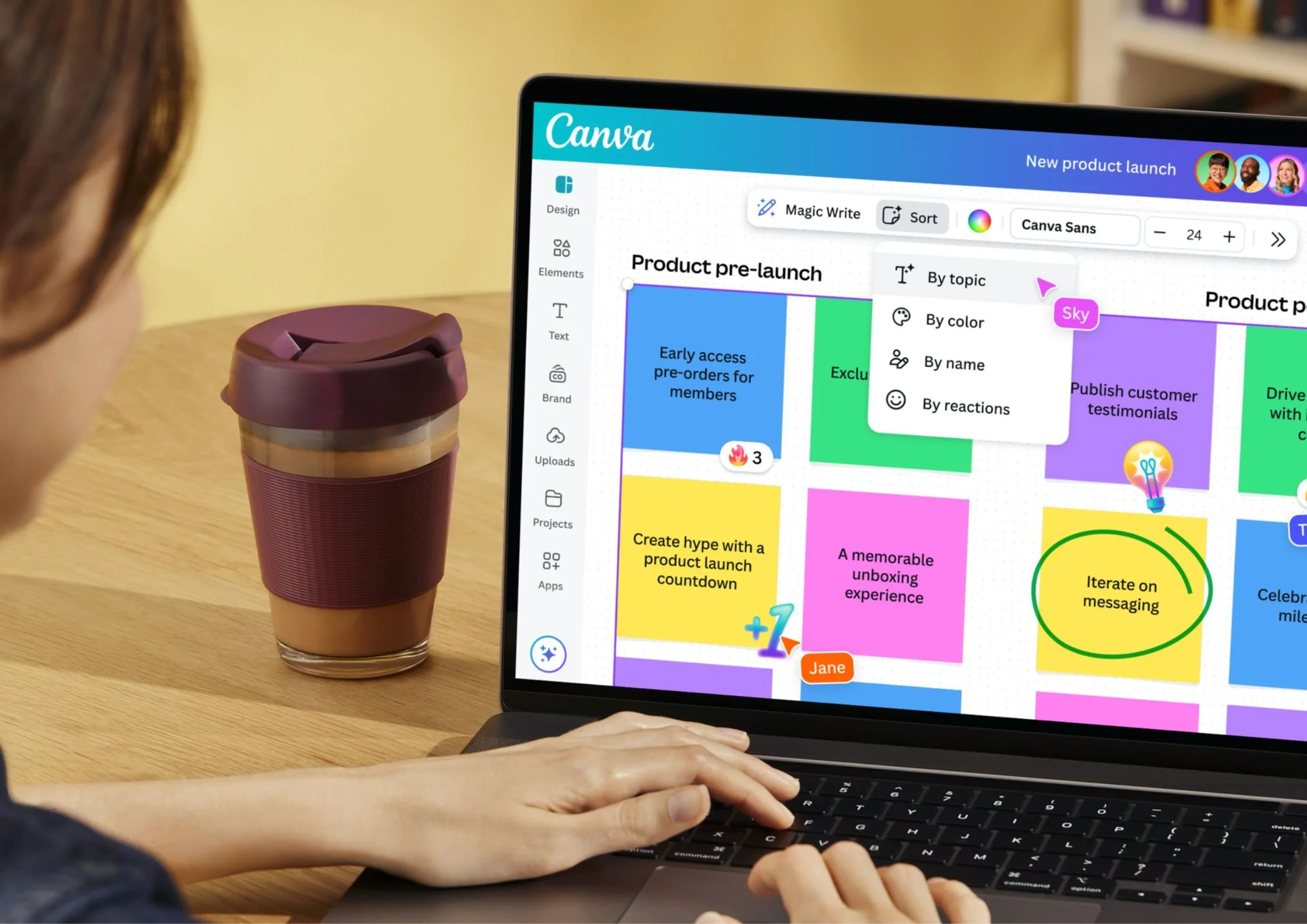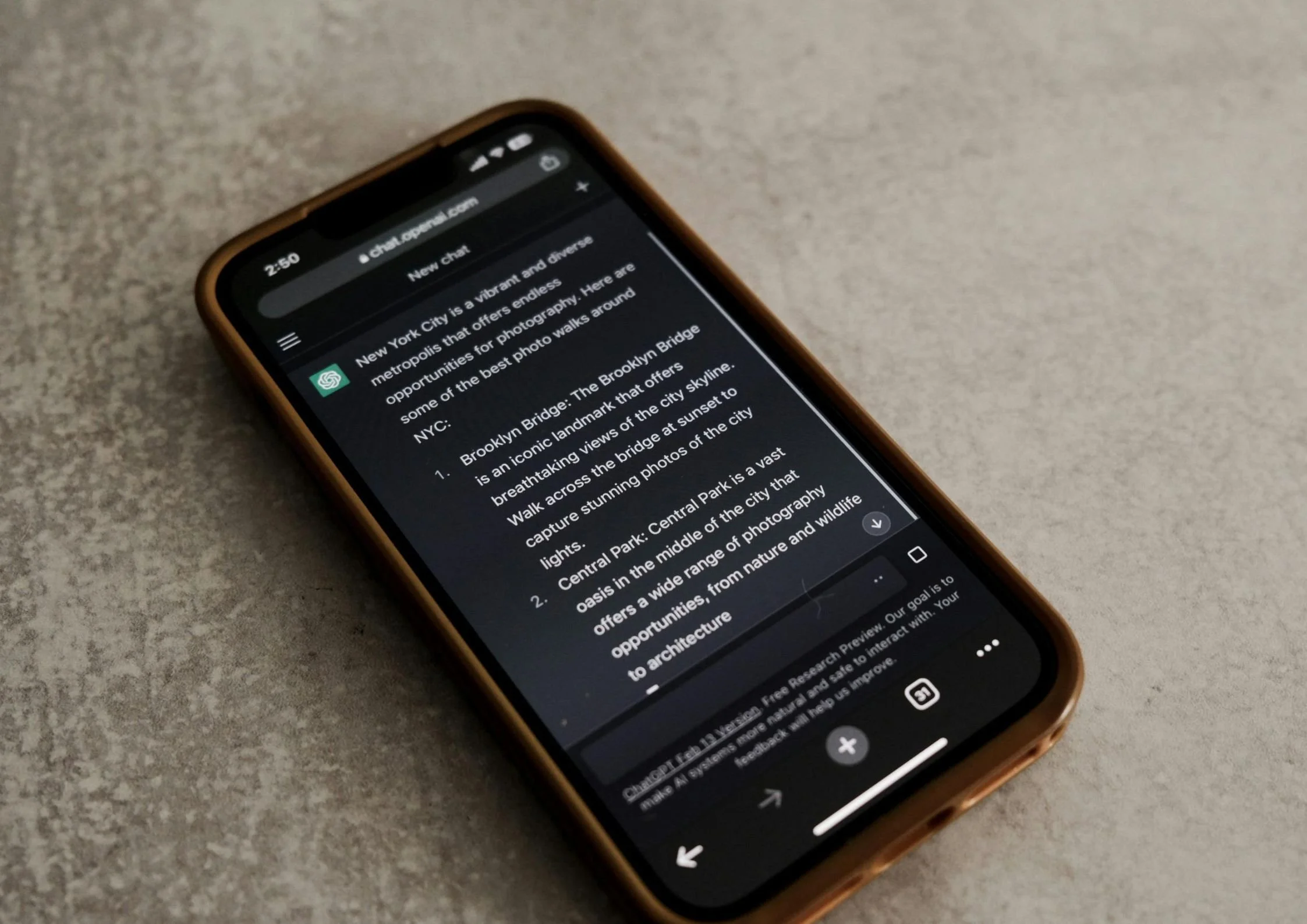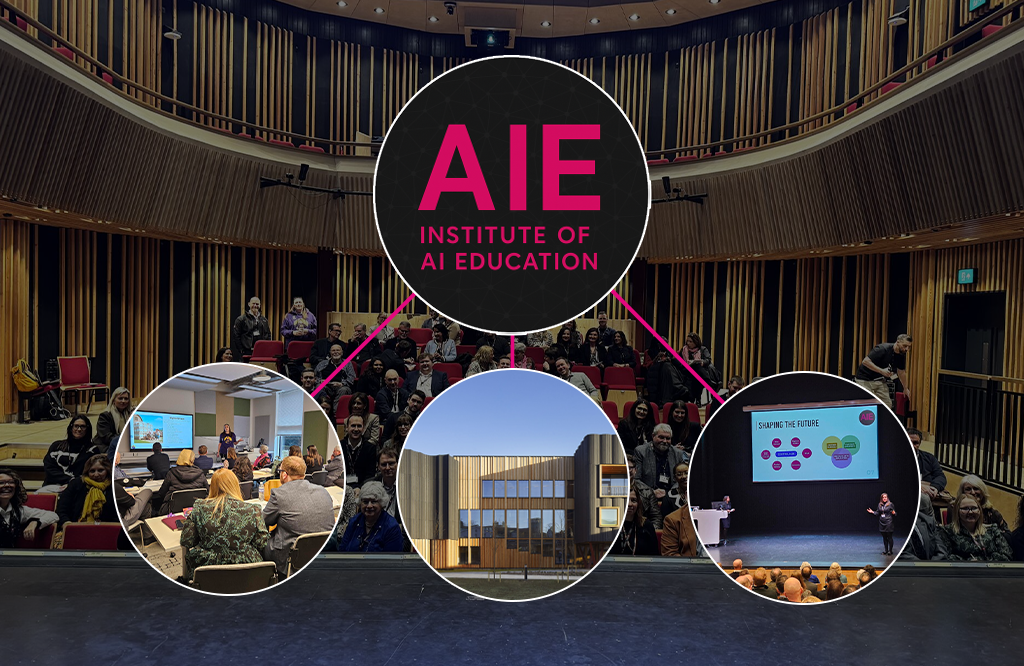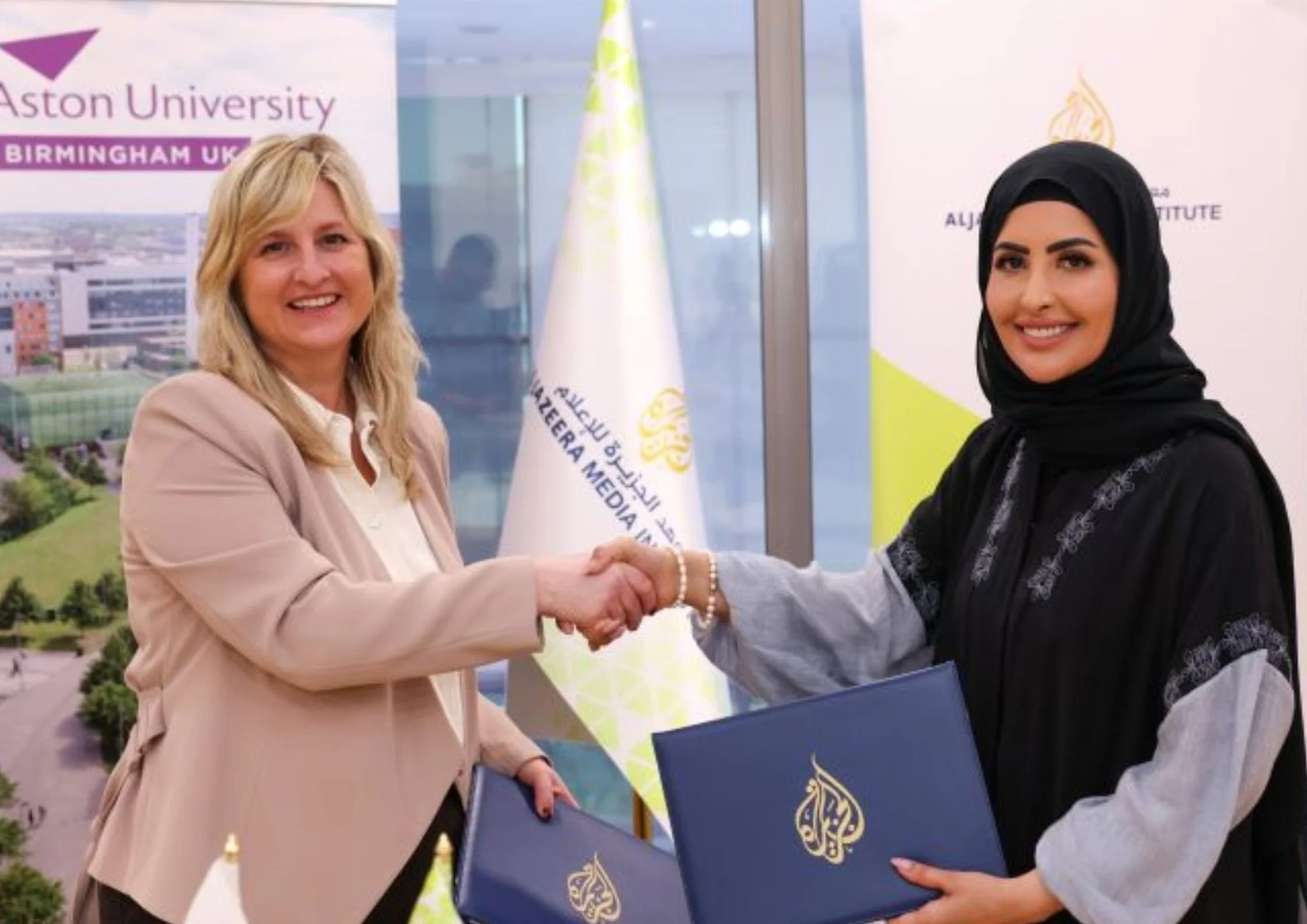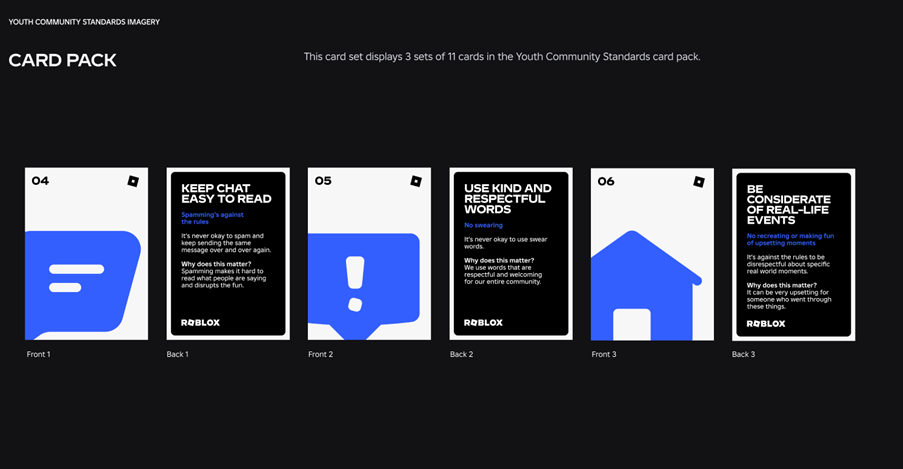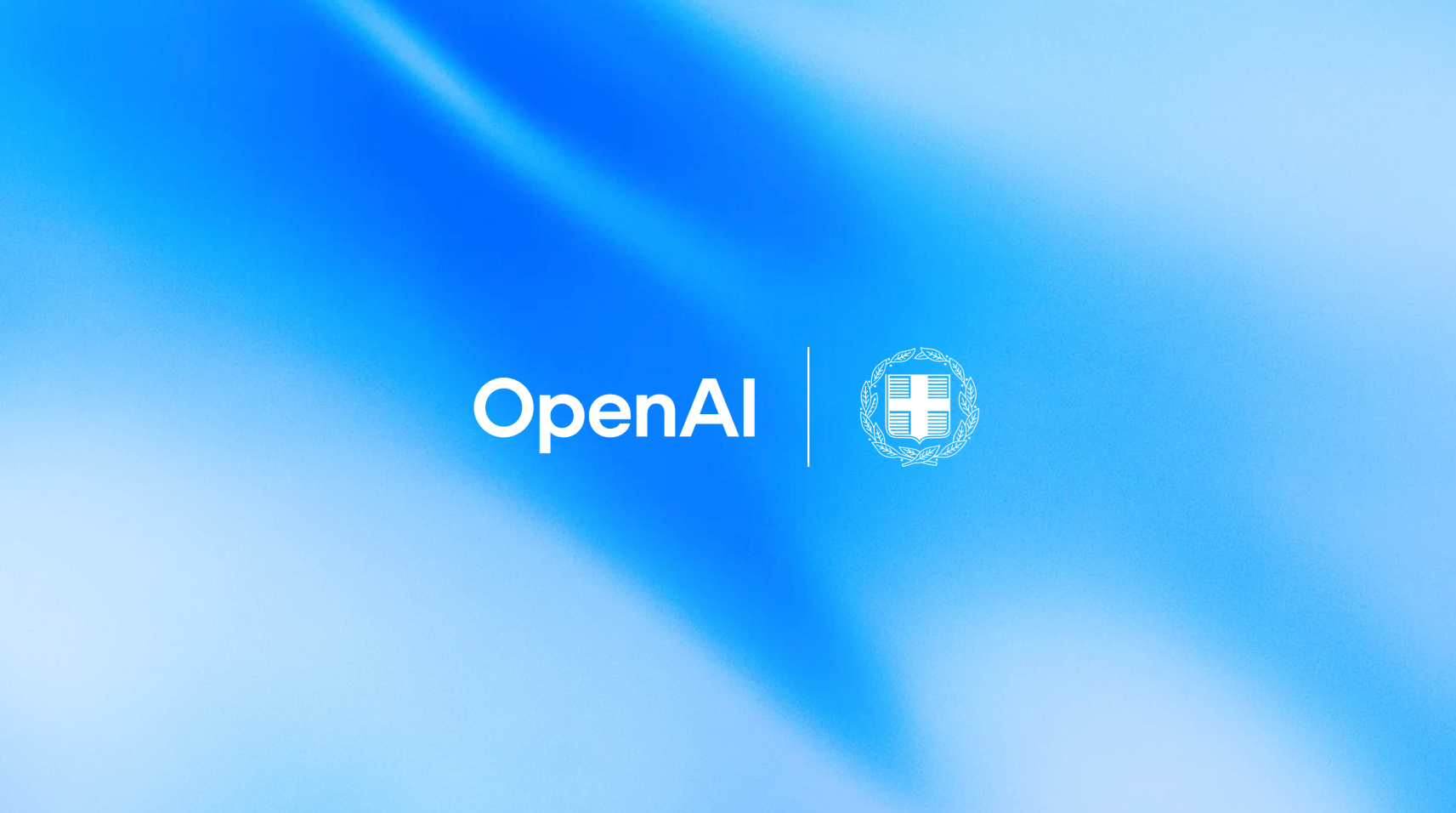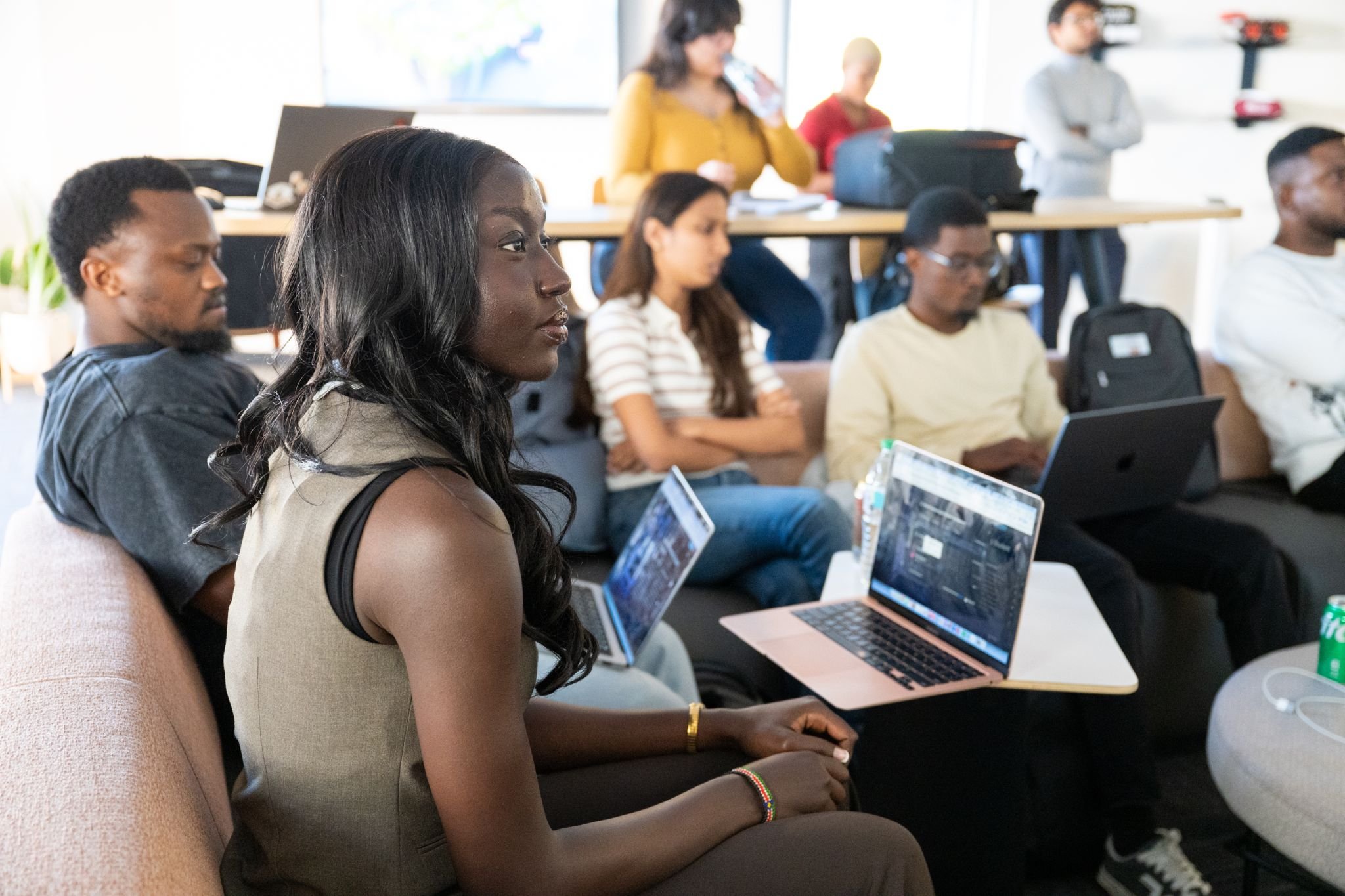STEM scheme Young Coders says almost half of participants are girls as competition announces 2025 winners
Young Coders, supported by nimbl - a pocket money card and app aimed at children, has shared the winners of its 2025 Young Coders Competition.

Under the theme ‘Budgeting Better’, the competition invited children aged between eight- and 13-years-old to design educational games to help players understand money and make better financial decisions.
Each winning school will receive £200 and the students involved will receive a CREST Discovery Award, a nationally recognised STEM credential.
The competition also shared that 46 percent of participants this year were girls, up from 37 percent in 2024. It says this provides a meaningful step toward greater balance in computing and technology.
Alice, a student at Croydon High School and the Overall Winner of the competition, comments: “I feel happy and proud, and also feel quite surprised, because I didn't expect to be the Overall Winner! I enjoyed the competition because it was a fun way to help me learn new ways to code, and I like telling stories through games and interesting characters too. I started coding when I was in Year 2, and I have also been coding with Mrs Krishnamurthy in her classes. I also like looking for online coding tutorials for some of my favourite games.”
Evie Lea, STEM Ambassador Coordinator for the East Midlands, who recalls being one of just two girls in her A-level coding class, adds: “It’s inspiring to see more young girls stepping confidently into STEM spaces. Representation matters, and when students meet ambassadors who look like them or share their interests, it makes futures in science, tech, and engineering feel genuinely achievable. We’ve come a long way since my school days, and it’s great to see competitions like this helping to close the gap.”
While still new to many teachers and pupils, AI is emerging as a key element of computing and digital literacy. Young Coders shared that it is proving schools with classroom resources and curriculum-aligned support on AI, giving teachers the confidence to explore these technologies with their pupils.
“There are lots of jobs in the future that we haven’t even imagined yet,” Evie adds. “This competition gives young people a foothold in the industry, and helps give teachers the resources and confidence to teach alongside AI rather than against it.”

